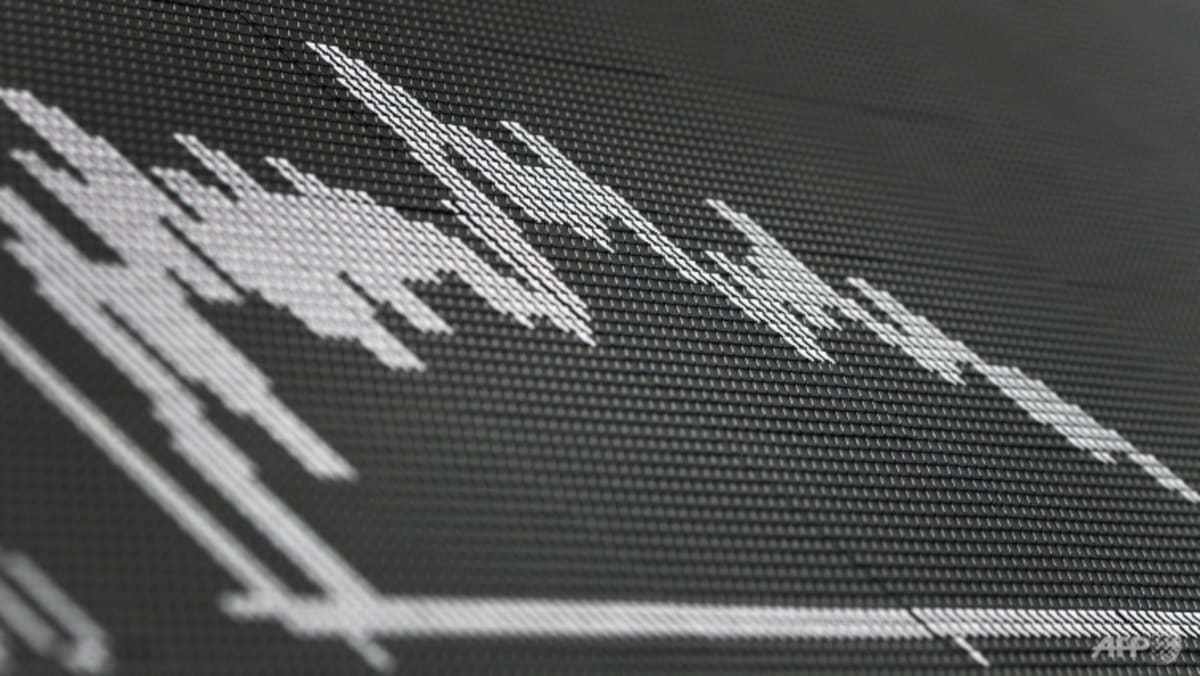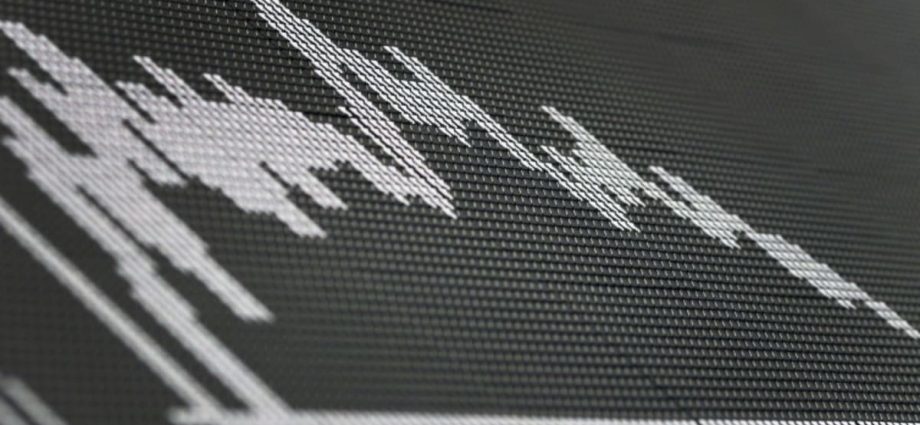
This week’s minutes and comments from a number of Fed top brass reinforced that view, with some pouring cold water on hopes for possible rate cuts in the new year.
All eyes are now on next week’s central bankers’ symposium in Jackson Hole, Wyoming, where finance chiefs and central bankers will speak, with all attention on the utterances of Powell.
“We don’t see how the Fed can pivot when they haven’t achieved anything pretty much,” said Marco Pirondini, of Amundi US. “The market will have to become more realistic on this.”
Still, Wall Street’s three main indexes edged up after Wednesday’s losses.
But Asian traders moved a little more cautiously.
Hong Kong, Taipei, Manila, Sydney and Jakarta inched higher, while Shanghai, Singapore, Seoul, Wellington, Mumbai and Bangkok all fell.
The prospect of tighter US monetary policy for an extended period lifted the dollar back up to multi-year highs against its peers.
And OANDA’s Edward Moya warned that markets would remain wobbly for a while.
“Stocks will most likely struggle for direction for the rest of the summer as Wall Street is still uncertain with how aggressive the Fed will be in September,” he said in a note.
“Traders however will continue to pay close attention to developments with the war in Ukraine.
“Turkish President (Recep Tayyip) Erdogan noted that he discussed ways on ending the war with (Ukrainian) President (Volodymyr) Zelensky. An imminent end to the war seems unlikely, but any de-escalations or improved passages for Ukraine grain exports would be welcome news for risk appetite.”
However, others remained optimistic that the recent gains could be maintained.
Lewis Grant, of Federated Hermes, added: “We remain optimistic that the current rally will build into a longer-term bull market, but cognisant that geopolitical risks remain elevated and it is too early to dismiss the possibility that we are witnessing a bear market rally.
“Investor risk appetite remains fragile.”

